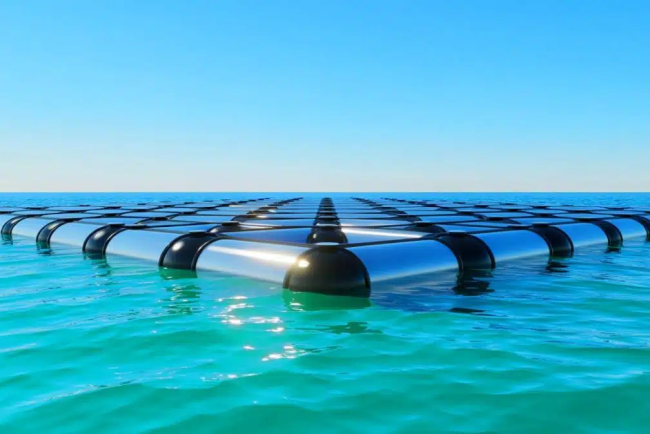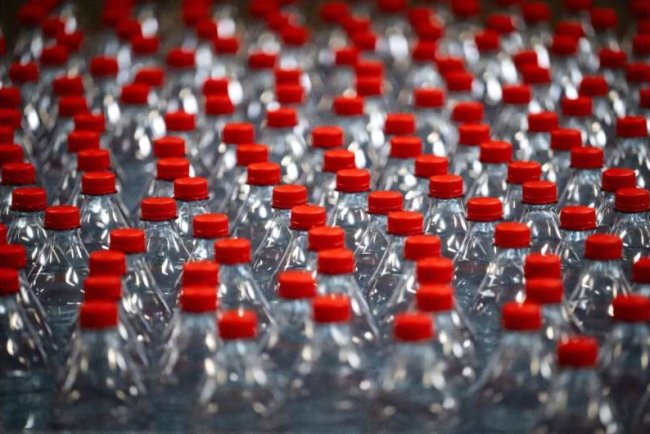Droughts and Heat Waves Threaten CO₂ Absorption in Southwestern Europe
Frequent heat waves and droughts in southwestern Europe are reducing plant CO₂ absorption capacity, weakening carbon sinks and disrupting climate balance. Study highlights the urgent need for better carbon monitoring and ecosystem protection policies.

According to a recent research by the Institute of Environmental Science and Technology at the Universitat Autònoma de Barcelona (ICTA-UAB), intensified heat waves and droughts in southwestern Europe are reducing the ability of ecosystems to absorb carbon dioxide (CO₂) considerably. This disruption to natural carbon sinks points to the broader impact of extreme weather on the Earth's carbon cycle and the global climate system.
The research, published in Global Biogeochemical Cycles, spanned the 2001-2022 period across southwestern European countries like Spain, Portugal, southern France, and Italy. The findings indicate a 27% decline in vegetation's capacity to act as a carbon sink during the record-breaking 2022 heatwave. According to data from the Spanish National Institute of Statistics, the decline meant that vegetation in the region absorbed less CO₂ than Spain emitted that year.
Nature-based carbon sinks like forests, the soil, and the ocean possess the critical role of offsetting emissions by having more CO₂ absorbed than they release. However, as has been shown through this research, drought and warmth are undermining the balancing act. On the positive side, increasing temperatures have lengthened the vegetation growing season, which could have the effect of increasing carbon intake. Conversely, though, this hypothetical advantage is offset by higher CO₂ emissions due to more organic matter decomposition and vegetation respiration provoked by higher temperatures.
The study, led by Ricard Segura Barrero of ICTA-UAB, brings together such variables as water in the soil and timing of extreme weather conditions to contrast the behavior of ecosystems. It notes that continental and humid biogeographic provinces are more susceptible to such disturbances than Mediterranean ones, which historically have adapted to seasonal heat and dryness. Nevertheless, persistent warming and drying should result in perpetual imbalances between photosynthesis and respiration, endangering the region's collective carbon-uptake ability.
Sun-induced fluorescence satellite observations were used to measure vegetation photosynthesis, confirming that CO₂ exchange is impacted by climate extremes directly. The technique provided strong validation of models that estimate how ecosystems absorb and emit carbon over the long term.
The study calls for enhanced carbon flux monitoring in impacted regions and the development of adaptive strategies to protect vital ecosystems. The initiative is deemed essential towards the conservation of the planet's carbon balance and climate mitigation efforts.
Source and Credits:
Translated from the article "Droughts and heat waves reduce plants' ability to absorb CO₂, study finds," by the Autonomous University of Barcelona and published on research appearing in Global Biogeochemical Cycles (2025). DOI: 10.1029/2024GB008163. All information has been rewritten for simplicity and comprehension.
What's Your Reaction?

















